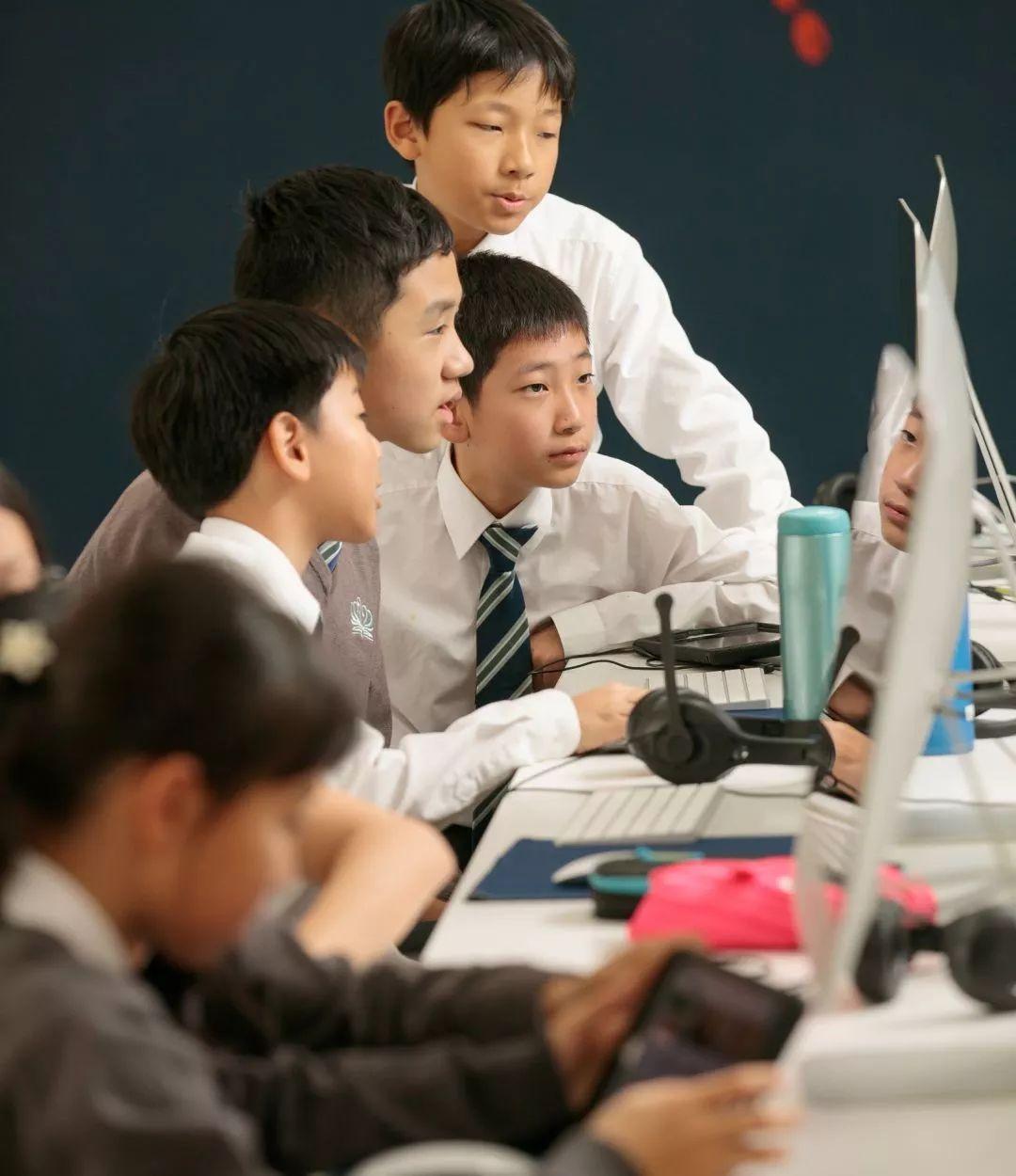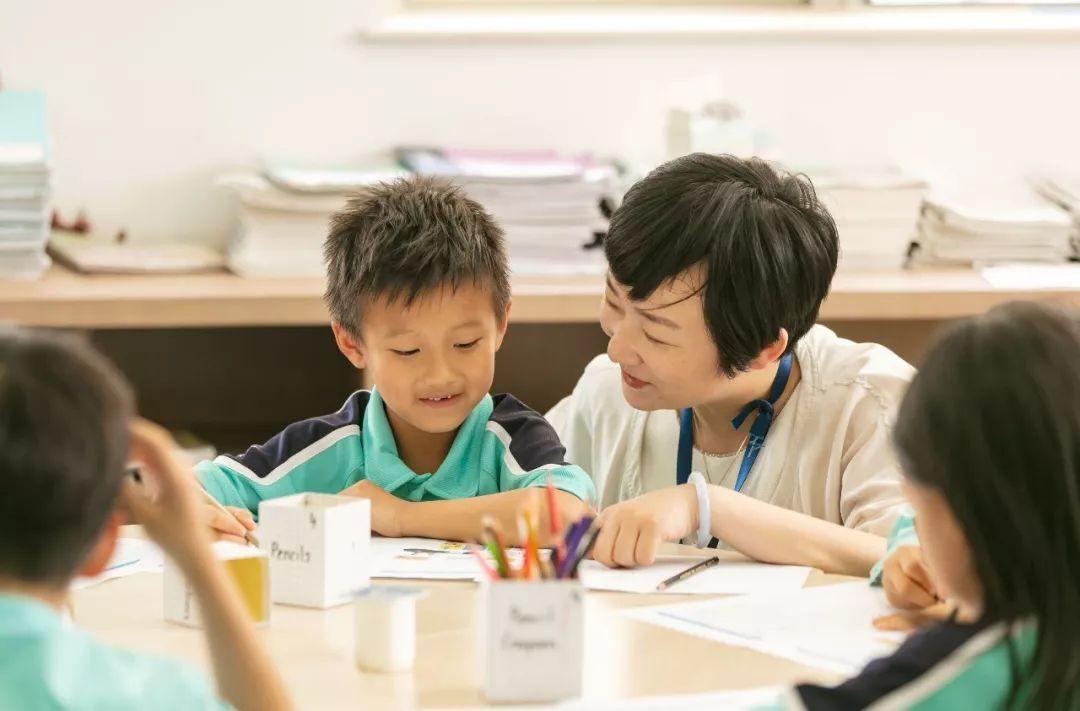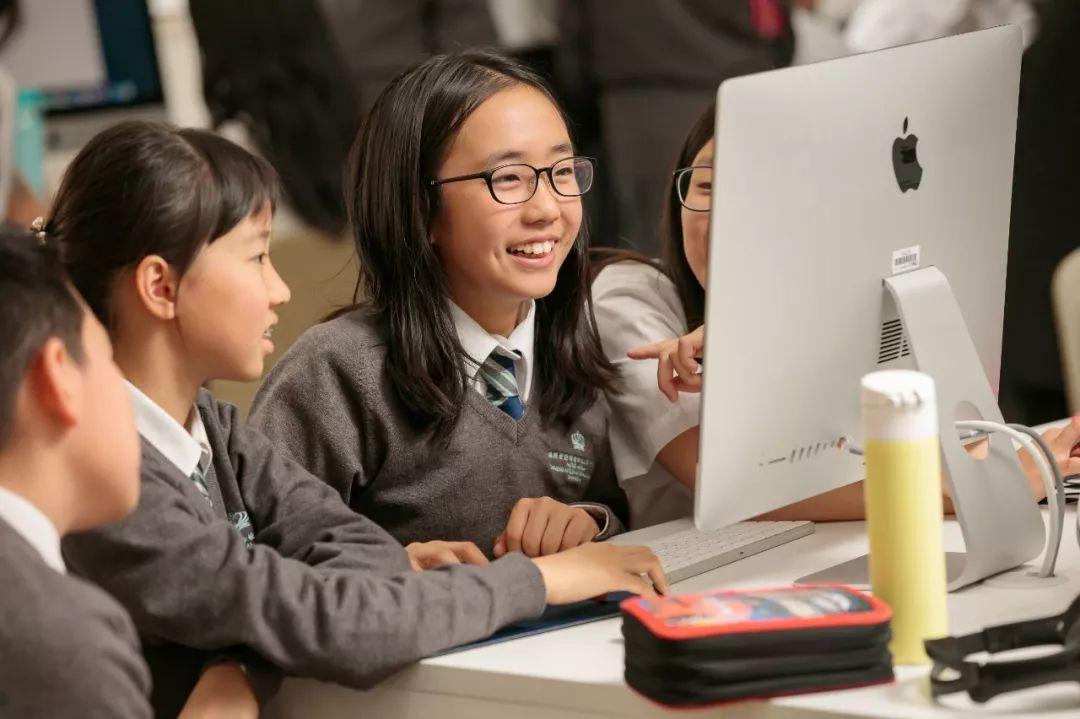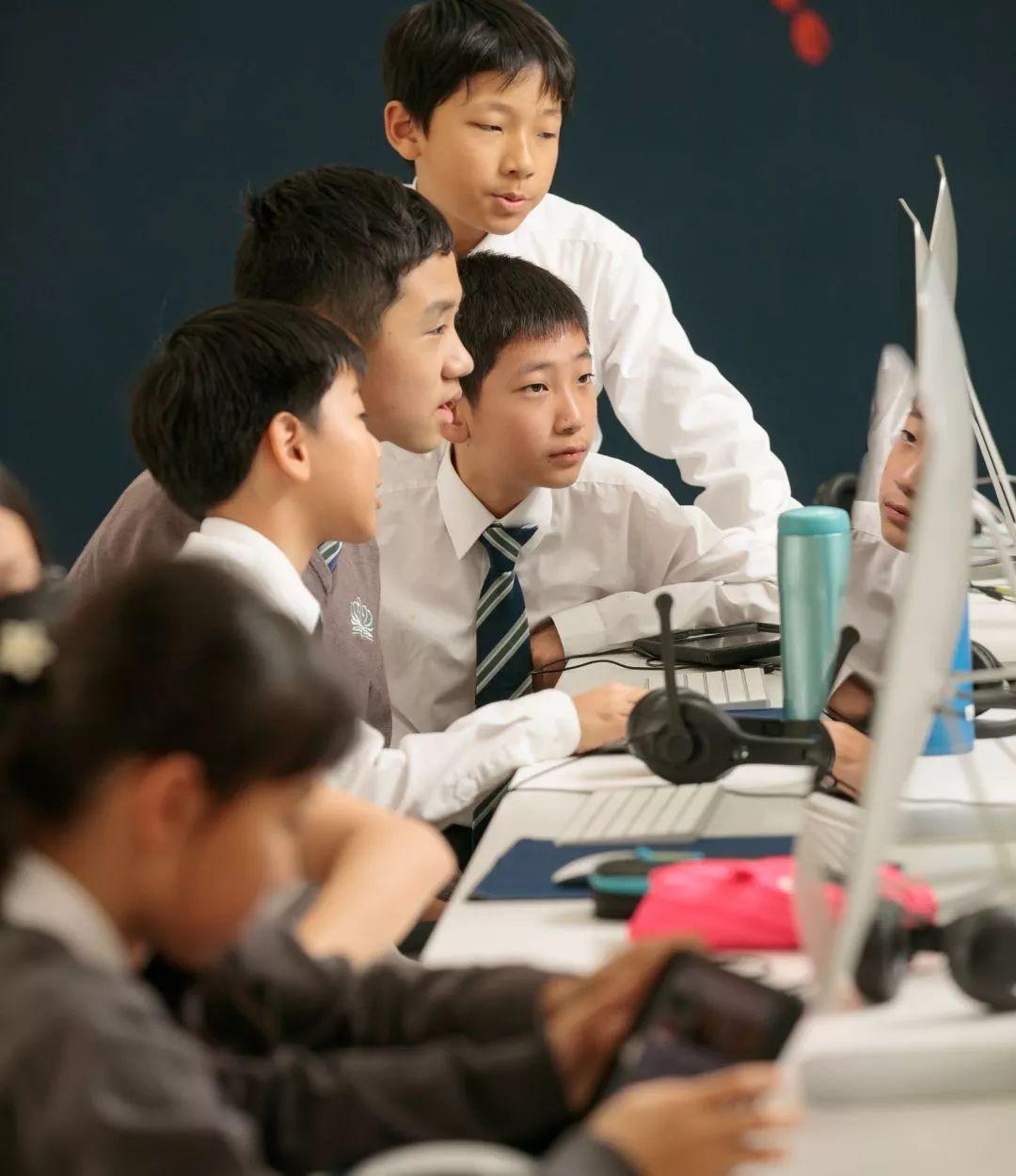
保证孩子上网安全
的 4 个步骤
小孩子天生热爱科技,现在的孩子们在越来越小的年纪就开始访问互联网。以下四个步骤可有助于随时随地保证孩子们的上网安全。

步骤一:基础原则 - 安全上网提示:

将计算机放在家中或家庭空间中显眼的位置。
不要让孩子在自己的房间里独自使用笔记本电脑。
控制网络流量,并考虑为年幼的孩子提供可以断开互联网使用的设备。
与孩子分享互联网的使用规范(不是说教的方式)。对于达到一定年龄的孩子,与其共同商议合理的上网时间
一旦违反了立下的规矩,家长要立场坚定。禁止将 iPad 或手机留在孩子的卧室里过夜。
与您的孩子一起谈论他们访问的内容,与孩子们一起上网。
定期检查浏览器历史记录。


步骤 2:探讨孩子们如何在社交网络上
保护自身安全以及隐私的重要性:

向孩子解释如何在社交媒体上使用安全功能。
探讨在线隐私问题 - 包括过度分享的危险。有时分享是件好事,但孩子们应该意识到过度分享的危险,以及这将对他们现在或以后的声誉产生何种影响。
在网上,不是每个人都能做到坦诚相待。重要的是让您的孩子知道网上存在很多虚假用户、在线侵犯者和想要窃取信息的人。让您的孩子对那些提出见面要求或索要钱款的陌生人保持警惕。


步骤 3:就网络安全对孩子展开教育:

向孩子们解释他们在网上看到的内容的真实情况,以及当面对不恰当的内容(如色情、暴力或恶意评论等)时,应如何做出反应。
我们需要让年轻人知道虚拟世界与现实世界应保持相同的标准,具体包括以下方面:
与他人互动时的基本礼貌:我们决不允许孩子在学校里欺负别人,也不希望我们自己的孩子受到欺负。家长应该提醒孩子,网络欺凌,如辱骂、散布谣言、威胁或诋毁某人,是不恰当的伤害性行为。
向外泄露个人信息:在商场里,我们永远能像陌生人提供我们的地址和电话号码。同样,我们不应该在网上发布这些信息。
确保孩子在出现任何问题时都能及时寻求家长的帮助
融入孩子的网络生活 - 表现出兴趣并让整个家庭参与其中。
了解您的孩子喜欢哪些网站并讨论为什么没有一种家长控制工具是 100% 有效的,您和孩子之间开诚布公的沟通是了解孩子生活际遇的最有效方式考虑针对互联网的使用规则制定家庭协议。以下是一些优秀示例:

少年儿童:http://www.safekids.com/contract_kid/
青少年:http://www.safekids.com/teen-pledge-for-being-smart-online/
父母:http://www.safekids.com/contract_parent.htm


步骤 4:树立一个好榜样

不要让平板电脑或手机成为孩子的保姆,代替家长的陪伴。有时我们树立的是负面榜样。我们经常会使用手机回复电子邮件或者打发上下班路上的时间,但我们需要小心,确保这种行为不会影响孩子们的社会观。
让亲子时间远离网络。
在线全球校园为学生提供了一个与全世界的同龄人交流互动的平台,让孩子们在诺德安达教育集团员工和老师的监督下,享受安全的学习环境。了解您的孩子如何使用全球校园平台来支持他们完成在校学习。



了解更多关于全球校园的内容,以及我们在学校、网络和世界范围内开展的各项精彩活动!
学校地址:
深圳市龙华区观澜桂月路339号
深圳市龙华区诺德安达双语学校
联系方式:
钟老师:18165725820
张老师:18127056705
曹老师:18165731015
邮件:info.shenzhen@nasshenzhen.cn

4 steps to help keep your child safe online
Children love using technology and are accessing the internet at an increasingly younger age. Here are four steps to help keep your child safe whenever and wherever they go online.

Step 1: The Basics – tips for safe surfing:

Keep your computer in a busy area of your home or family space.
Never let your children have a laptop in their room.
Keep control of their mobile contracts and consider non-internet enabled devices for younger children.
Have a conversation (not a lecture) about how they are using the internet. Negotiate with older children an appropriate amount of time to be online.
Be firm when they break the rules you set and do not allow iPads or mobile phones in the bedroom overnight.
Speak to your child about what they access—surf the net with them.
Check browser history on a regular basis.


Step 2: Talk about how children can stay safe on social networks and the importance of privacy:

Explain to your child how to use the safety functions on social media.
Talk about online privacy—including the dangers of oversharing. It’s good to share sometimes, but children should be aware of oversharing and how that could affect their reputation, now or in later life.
Not everyone online is who they say they are. It’s important that your child knows that there are a lot of fake users, online predators, and people looking to steal information. Your child should be vigilant against strangers seeking to meet up or receive money.


Step 3: Educate your child about online safety:

Talk to your children about the realities of what they will see online and how they should react to inappropriate content such pornography, violence or unpleasant comments.
We need to let young people know that the virtual world is held to the same standards as the real world—this includes the following:
Common courtesy when interacting with others: We would never allow children to bully others in schools, nor would we want our own children to be bullied. Parents should remind children that cyberbullying, including name calling, spreading rumours, threatening or undermining someone, is inappropriate and hurtful behaviour.
Giving out personal information: We would never walk up to a stranger at the mall and hand them our address and phone number. Similarly, we should not post these sorts of details online.
Make sure that your child knows that if anything goes wrong they can always come to you
Be part of your child’s online life - show an interest and involve the whole family.
Discuss what sites your child likes and why.
No parental control is 100% effective—open communication channels between you and your child are the most effective way of knowing what is happening in your child’s life.
Consider creating a family agreement for internet usage. Some great examples are:
Young children: http://www.safekids.com/contract_kid/
Teens: http://www.safekids.com/teen-pledge-for-being-smart-online/
Parents: http://www.safekids.com/contract_parent.htm

Step 4: Set a good example

Don’t use tablets or phones as a babysitter for your children. Sometimes we set the worst examples. We often use our phones as ways of answering emails or occupying ourselves on the commute, but we need to be careful that this example doesn’t influence our children’s social outlook.
Make family time an internet free zone.
The Global Campus online is a platform where students can interact with their peers around the world in a safe learning environment monitored by Nord Anglia Education staff and teachers. Discover how your child can use it to support their learning in school.
Learn more about Global Campus and our activities in school, online and worldwide!



了解更多关于全球校园的内容,以及我们在学校、网络和世界范围内开展的各项精彩活动!
学校地址:
深圳市龙华区观澜桂月路339号
深圳市龙华区诺德安达双语学校
联系方式:
钟老师:18165725820
张老师:18127056705
曹老师:18165731015
邮件:info.shenzhen@nasshenzhen.cn










 沪公网安备 31010502004453号
沪公网安备 31010502004453号





 成功提交后我们将尽快与您联系,请注意来电!
成功提交后我们将尽快与您联系,请注意来电!







 成功提交后我们将尽快与您联系,请注意来电!
成功提交后我们将尽快与您联系,请注意来电!


